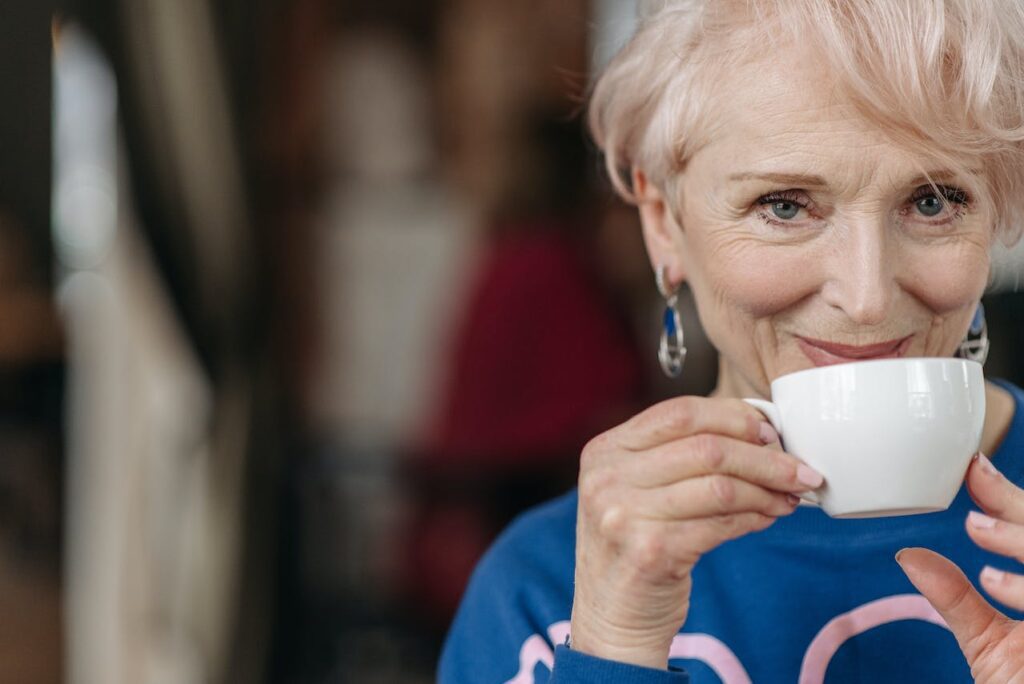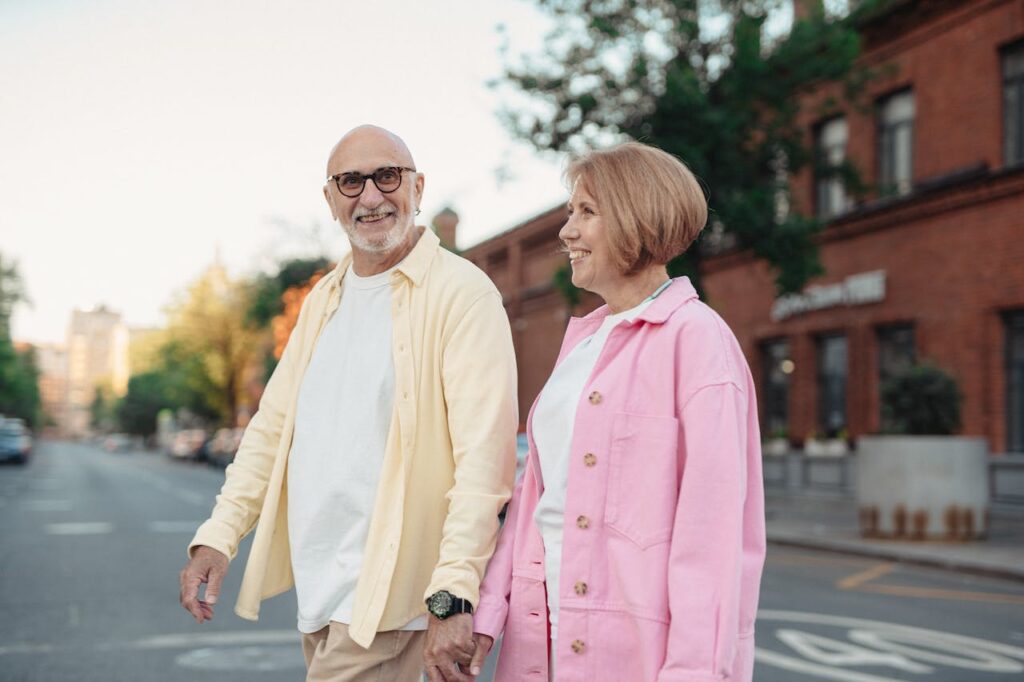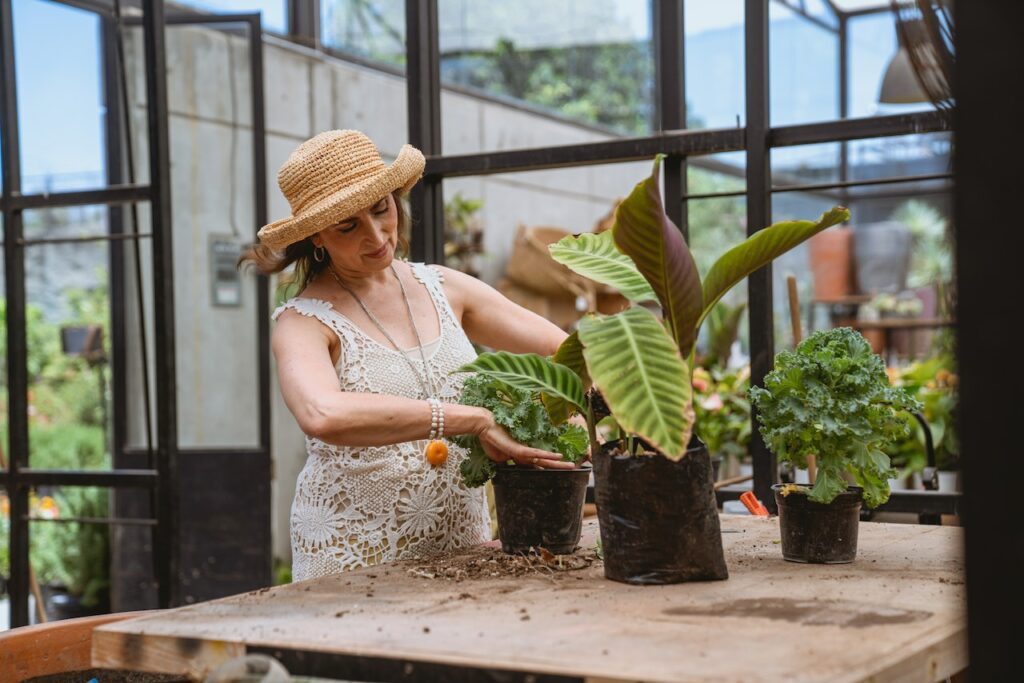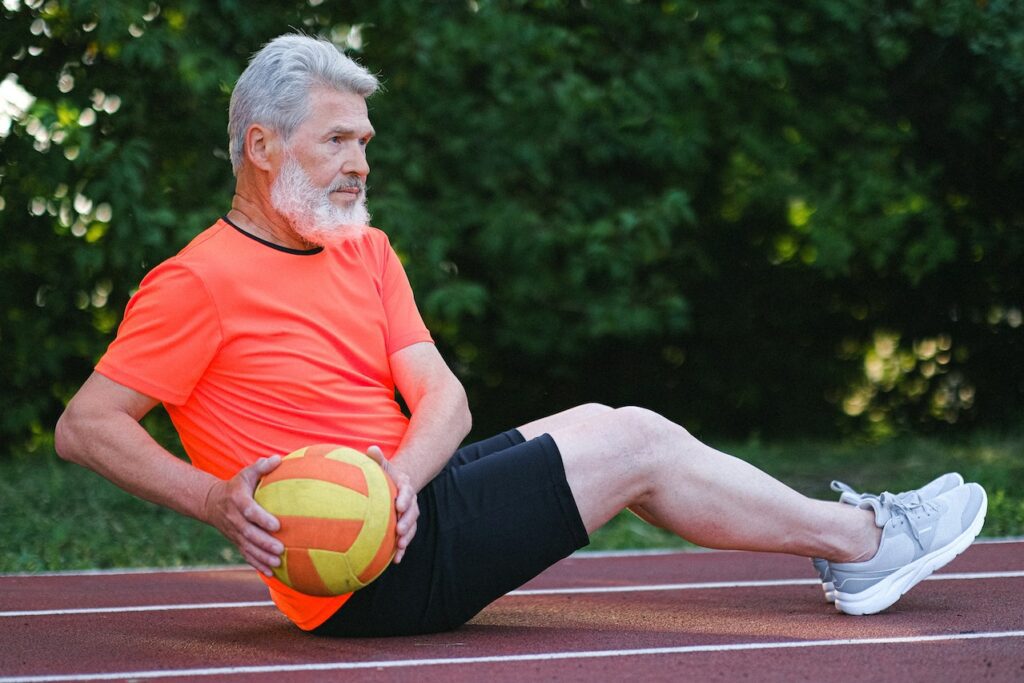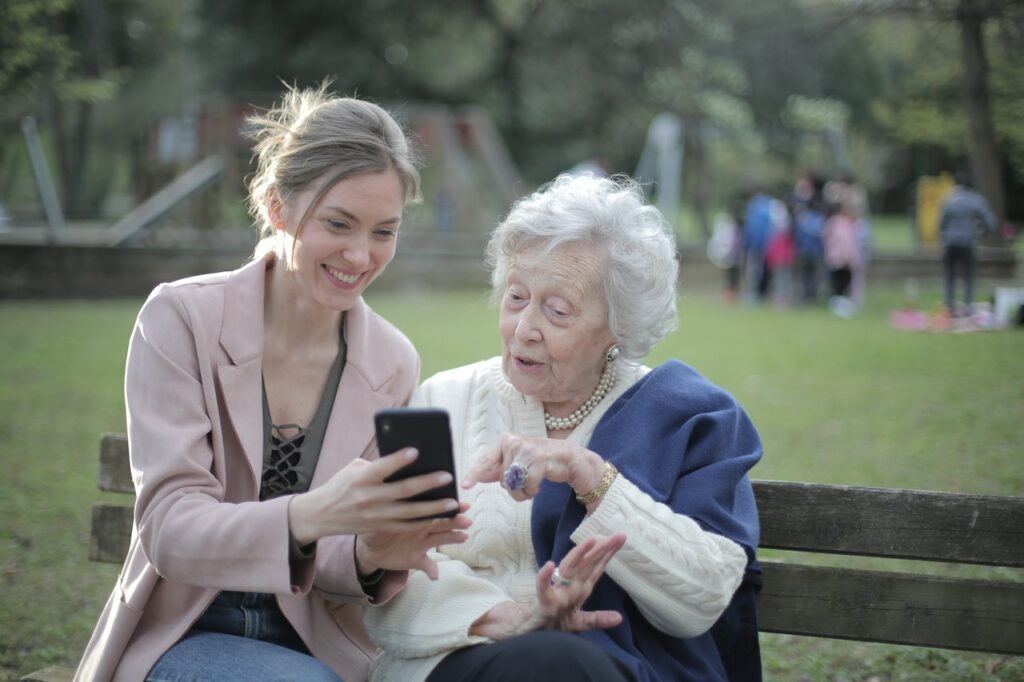Your lungs need extra care in retirement!
Lungs provide oxygen to our complicated bodies, pumping oxygen and eliminating carbon dioxide up to 20 times a minute. Sure, we almost never think about it but taking your lungs’ health for granted is the most damaging thing you could do.
In retirement, our entire system changes and our lungs need more care than ever.
Preventing lung disease is a million times more effective than fixing it, trust me. Early prevention and treatment are crucial for progressive and incurable lung illnesses, including COPD and lung cancer.
Lung treatment is never too late – even I say it and I’m an ex-smoker! If you’re ready to make a positive difference in your life, let’s get started right now for a happier tomorrow!
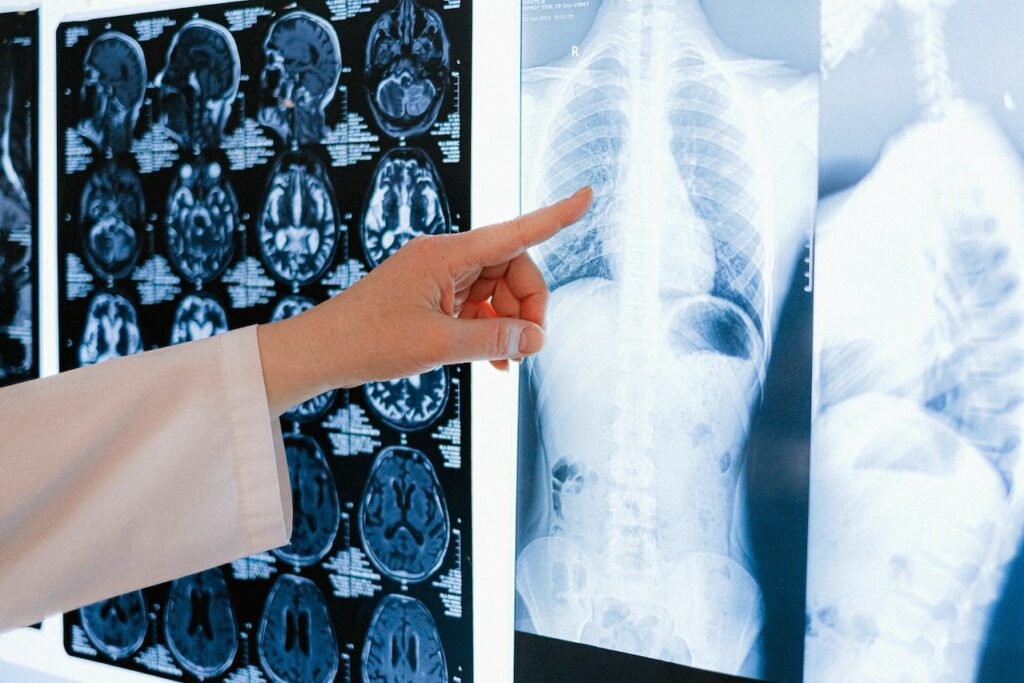
Avoiding Smoking
Smoking dominates lung health discussions. Cigarette smoke damages our cells and organs with about 7,000 harmful substances. This exposure hits the lungs first. Over time,the damage builds up, causing chronic bronchitis and lung cancer. Smoking impairs your immune system and lung function, making it harder to fight illnesses.
Quitting smoking is difficult but not impossible. Trust me, I’ve been there!
Be attentive while you go. Meditation helps manage cravings and quitter tension, but if you’re not a fan there are many alternatives too. All it takes is your willingness to take over control! You’ve got this!
Regular Exercise
Exercises promote lung health like no other. Walking, cycling, running, and swimming are very useful. They improve lung function by enhancing oxygen use and cardiovascular health. Strength training also strengthens lung-supporting muscles. The American Lung Association recommends 30 minutes of moderate exercise five days a week. However, everyone’s starting place is different, thus “moderate” will vary.
Truth be told, seniors benefit most from walking. It works the heart and joints with minimum impact. Daily walks in a park or mall may improve respiratory muscles and increase lung capacity. Walking’s rhythmic nature may also induce meditation, which boosts mental wellness.
Tai Chi, another great elder exercise, has several advantages. Tai Chi, called “meditation in motion,” incorporates slow, deliberate motions and careful breathing. Breath control improves lung capacity. The soft, flowing motions also enhance balance, coordination, and muscular strength, boosting health.
Water aerobics combines resistance and cardio in a fun, refreshing atmosphere. Seniors may exercise in water because of its buoyancy, which lowers joint stress. Pushing against the water during aerobics strengthens respiratory muscles, increasing lung capacity. Water aerobics improves lung function, cardiovascular health, and stamina.
Yoga’s gentle motions and deep breathing improve lung health. Yoga improves lung capacity and efficiency by teaching breath control. Hatha and chair yoga are ideal for elders. They stretch, strengthen, and exercise the lungs and respiratory muscles.
In the end, it all comes down to your personal preferences and physical health! If you’re a beginner, you may also want to check out my post on 5 Simple Exercises to Build Muscle Mass in Retirement to get started on the right track.
Nutrition and Hydration
Many seniors neglect getting proper food and hydration. This is especially unfortunate since even fast foods offer healthy alternatives in 2023! (If you want to know more about that, check out my post on The Healthiest Types of Fast Food for People Over 50)
Anyway, hydration is essential. Dehydration thickens this mucus, making the lungs work harder. Hydration thins mucus, making breathing easier and protecting lung health. Thus, proper lung function requires daily water consumption.
It is easy to include lung-healthy foods and hydration in your diet. Practical tips:
Start your day with water and a fruit salad with antioxidant-rich berries. Lunch should be a green salad with grilled salmon or walnuts. For vitamin C, eat raw bell peppers or oranges. Sweet potato and tomato stew for supper provides beta-carotene and vitamin E. Always carry a water bottle to remain hydrated.
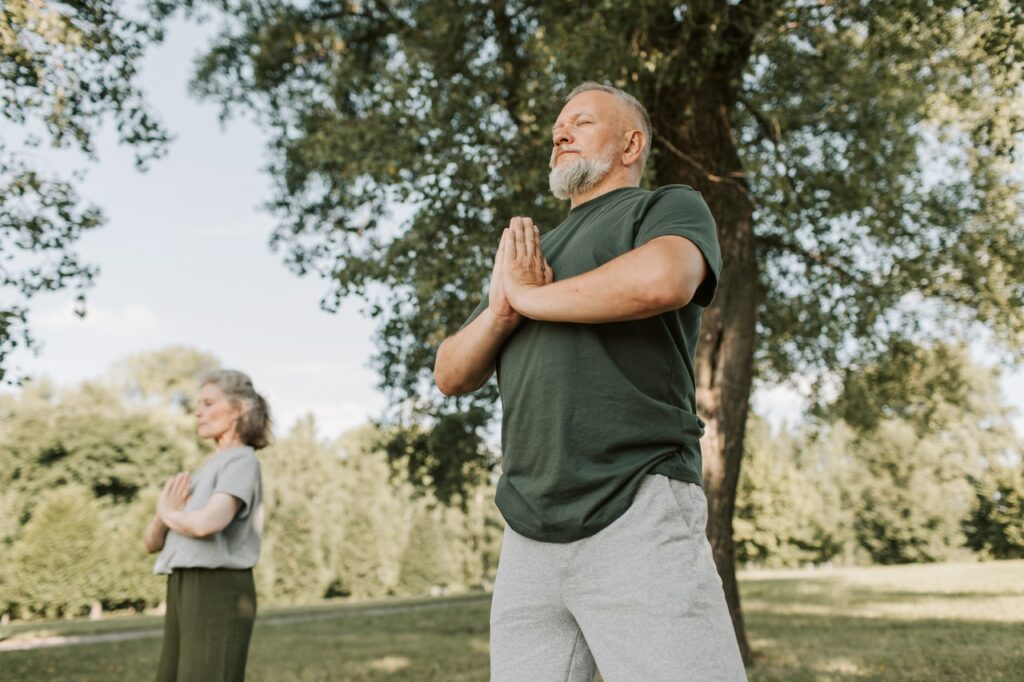
Breathing Methods
When done intentionally, breathing may improve health. Breathing exercises help elders maintain lung health. These workouts improve breathing, lung capacity, and oxygen exchange.
Diaphragmatic breathing—belly breathing—is one such method. This approach targets the diaphragm, a respiratory muscle underneath the lungs. Belly breathing boosts oxygen exchange in the lungs by concentrating diaphragm movement.
Here’s how to perform this exercise:
- Sit or lie comfortably and place one hand on your belly just below the ribs and the other on your chest;
- As you inhale deeply through your nose, allow your belly to rise as it fills with air, your hand rising with it;
- Exhale slowly through pursed lips as if blowing out a candle, gently pressing on your belly to expel all the air.
- Repeat this exercise for a few minutes several times a day to reap significant benefits.
Integrating such exercises into your routine is relatively simple and requires no special equipment. They can be performed at any time that suits you best, whether it’s an invigorating start to the morning or a calming routine before bed.
RELATED: 7 Simple Habits to Slash Your Risk of Cancer in Retirement
Regular Health Check-ups and Vaccinations
Health check-ups mean early intervention and treatment and it took me decades to understand that. Prevention truly IS better than any cure or treatment!
And just like regular check-ups, vaccinations are crucial in preventing infections that can harm the lungs. For instance, the flu, including pneumonia, can cause severe complications in seniors. This means that the annual flu vaccine can literally save your life! I know there are many divided opinions on vaccination in 2023, so my advice is this: listen to your doctor, the one you trust and the one who wants what’s best for your health and wellbeing. It’s also true that some vaccines aren’t allowed for people with certain conditions or risks, so you should discuss your health state with a professional.
Meanwhile, here’s a great example of how early detection and intervention can be a game-changer in treating diseases like pneumonia. One study highlighting early detection’s importance was published in the “Journal of the American Geriatrics Society” in 2004. Researchers found early recognition of pneumonia resulted in immediate treatment and considerably improved patient outcomes.
In this study, patients diagnosed early received appropriate antibiotic treatment faster than those diagnosed later. This led to a quicker resolution of symptoms and overall shorter hospital stays. Significantly, the study also found that patients diagnosed early had lower rates of complications and a lower mortality rate.
Conclusion
As we wrap up, remember that lung health is integral to our overall well-being, especially as we age. Everything we talked about isn’t just for maintaining healthy lungs, but are steps towards a healthier, more fulfilling life. It is never too late to start prioritizing lung health. By incorporating these practices into your lifestyle, you’ll take proactive steps towards healthier, stronger lungs and a brighter future.
Let’s always remember that the breath of life is in the breath itself. Just because we’re breathing it doesn’t mean our lungs are perfectly healthy too, especially after 50. You deserve a healthy life and the chance to stay active and do whatever you want!
If you have any inspiring stories to share with us on this topic, make sure to use the form below and leave a comment. It’s time to help each other thrive and live the retirement lifestyle we’ve been craving for all along!





